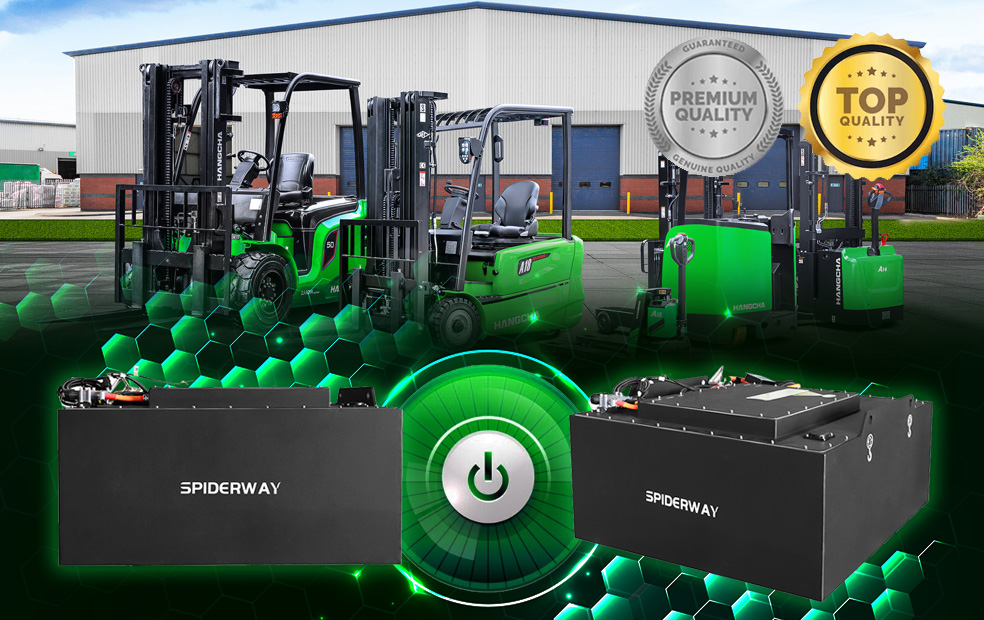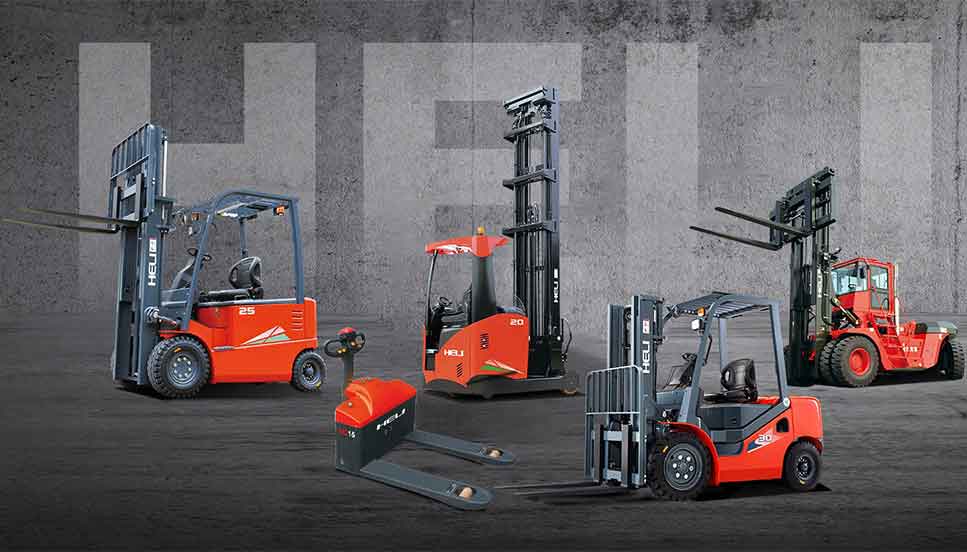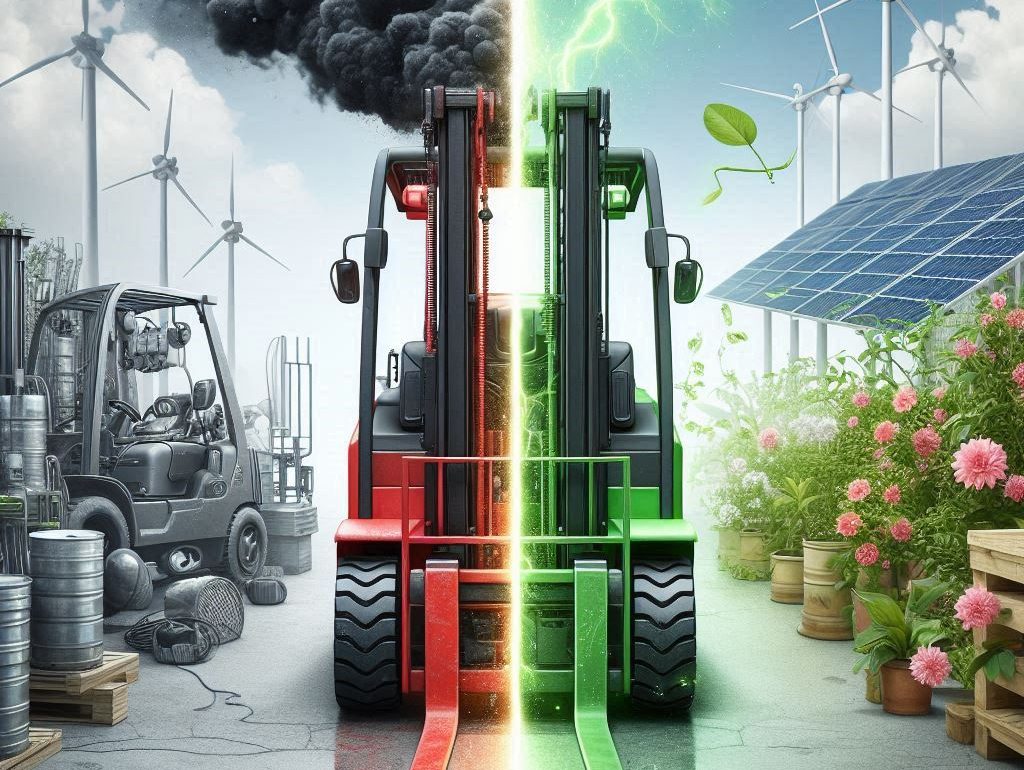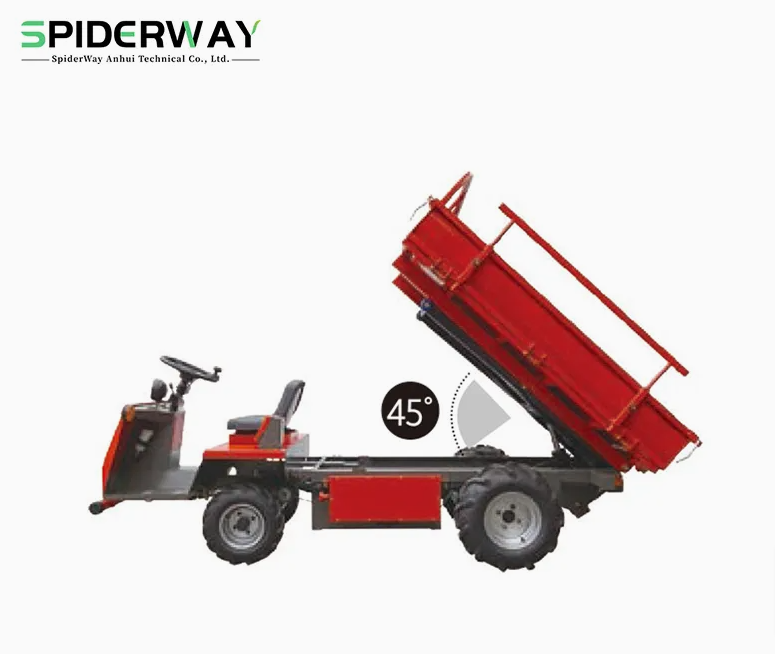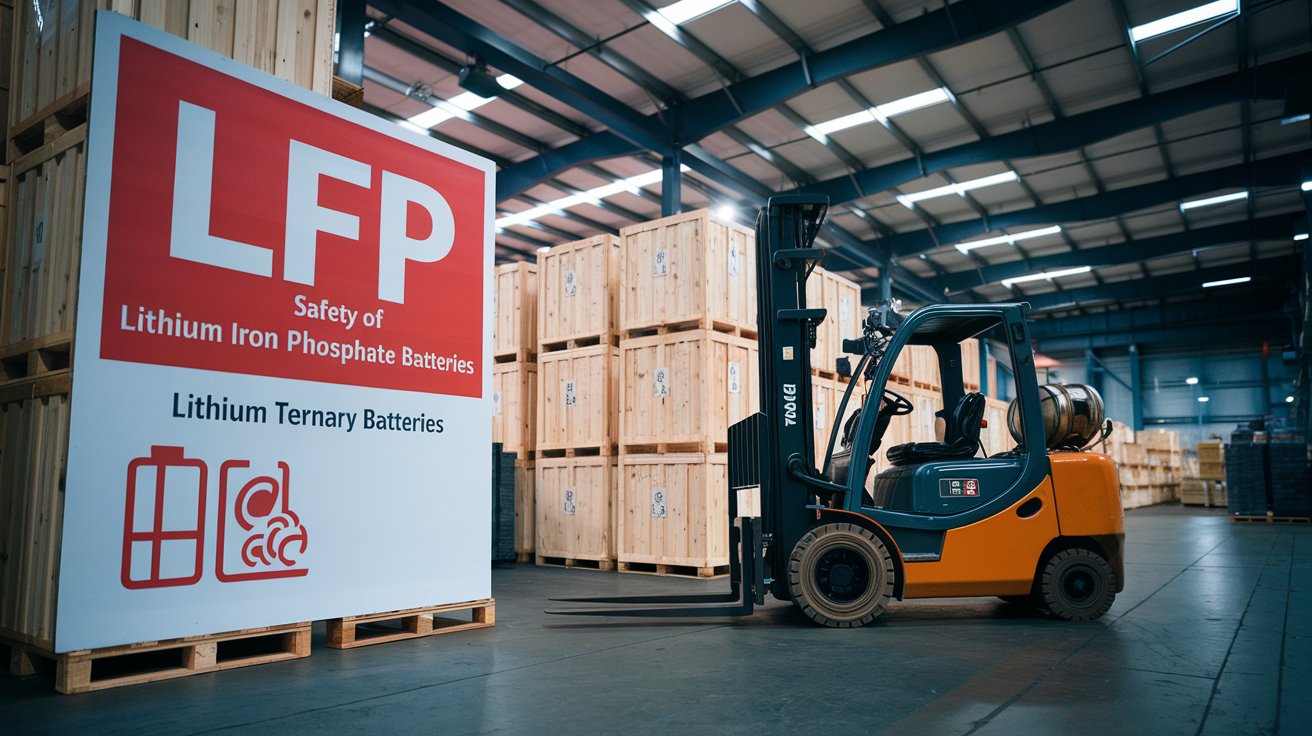
In recent years, lithium-ion batteries have become the backbone of various industries, especially in electric vehicles, energy storage systems, and industrial applications. Among the different types of lithium-ion batteries, Lithium Iron Phosphate (LiFePO4 or LFP) batteries stand out due to their superior safety features. This article explores the safety characteristics of LFP batteries compared to other mainstream lithium battery technologies, including Nickel Manganese Cobalt (NMC) and sodium-ion batteries.
Current Lithium Battery Technologies
- Nickel Manganese Cobalt (NMC) Batteries
NMC batteries are known for their high energy density and power output, making them suitable for applications requiring compact size and significant energy storage. However, they have notable safety concerns:
- Thermal Runaway Risk: NMC batteries are prone to overheating, which can lead to thermal runaway—a condition where the battery can catch fire or explode if not managed properly.
- Lifecycle Limitations: NMC batteries typically last between 800 to 2000 charge cycles, depending on usage and environmental conditions.
- Sodium-Ion Batteries
An emerging alternative, sodium-ion batteries use sodium ions instead of lithium. While they are less expensive and more environmentally friendly, they currently lack the performance and safety characteristics of lithium-based technologies, including LFP and NMC. - Lithium Iron Phosphate (LFP) Batteries
LFP batteries utilize iron phosphate as the cathode material, which provides several safety advantages:
- High Thermal Stability: LFP batteries can withstand higher temperatures before experiencing thermal runaway, with a thermal decomposition temperature above 600°C.
- Inherent Safety Features: The stable chemistry of iron phosphate makes LFP batteries less likely to catch fire or explode, even under extreme conditions or misuse, such as overcharging or puncturing.
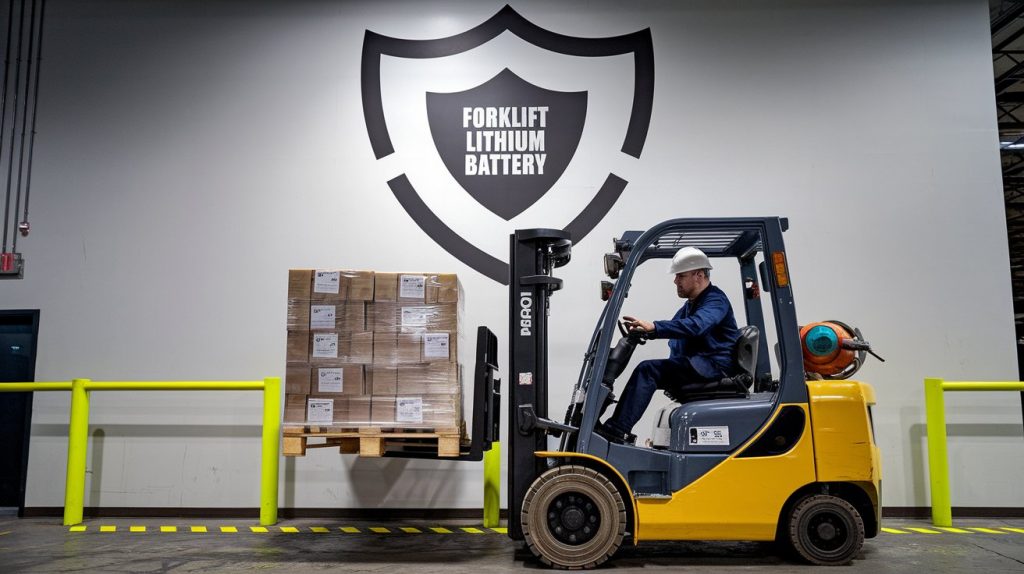
Safety Features of LFP Batteries
LFP batteries are increasingly recognized for their safety and reliability, particularly in high-power applications such as electric forklifts, golf carts, and aerial work platforms. Key safety features include:
- Thermal Stability: LFP batteries maintain stability at elevated temperatures, significantly reducing the risk of thermal runaway compared to NMC batteries. They can operate safely at temperatures up to 60°C without risk of combustion.
- Non-Combustible Nature: Unlike NMC batteries, which use flammable electrolytes, LFP batteries employ non-flammable electrolytes. This characteristic ensures that even if the battery is damaged, it will not ignite, making it ideal for applications in confined spaces or high-risk environments.
- Long Cycle Life: With a cycle life exceeding 3000 cycles, LFP batteries offer longevity and reliability, reducing the need for frequent replacements and minimizing operational costs.
- Robust Design: LFP batteries are designed to withstand physical stress and impacts, further enhancing their safety profile. Many LFP batteries also include built-in Battery Management Systems (BMS) that monitor and regulate charging, discharging, and temperature, ensuring safe operation.
Applications and Suitability
Due to their safety and stability, LFP batteries are particularly suited for high-power applications, including:
- Industrial Vehicles: Electric forklifts and pallet trucks benefit from the high discharge rates and safety of LFP batteries, allowing for efficient and safe operations in warehouses and manufacturing facilities.
- Golf Carts: The lightweight and safe nature of LFP batteries makes them an excellent choice for golf carts, providing extended range and reliability without the risk of fire.
- Ground Support Equipment (GSE): LFP batteries are increasingly used in airport ground support equipment, where safety and performance are critical.
SPIDERWAY: Leading the Way in LFP Battery Technology
SPIDERWAY is a leading manufacturer of Lithium Iron Phosphate batteries, boasting over 20 years of experience in the lithium battery sector. Our LFP batteries are recognized for their high performance, safety, and longevity. We utilize advanced manufacturing techniques and rigorous testing to ensure that our batteries meet the highest safety standards.
- Product on sale
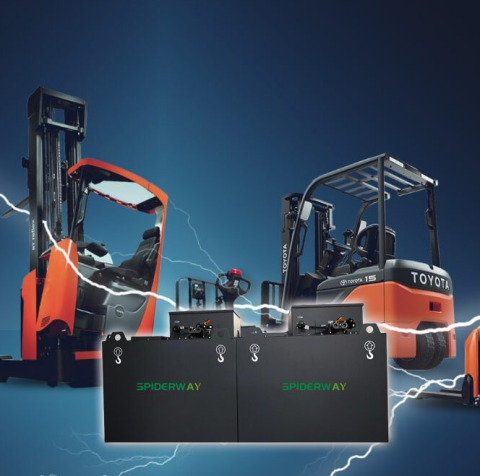 48V 404Ah LiFePO4 lithium battery for LIUGONG forkliftOriginal price was: $5,399.00.$5,318.00Current price is: $5,318.00.
48V 404Ah LiFePO4 lithium battery for LIUGONG forkliftOriginal price was: $5,399.00.$5,318.00Current price is: $5,318.00. - Product on sale
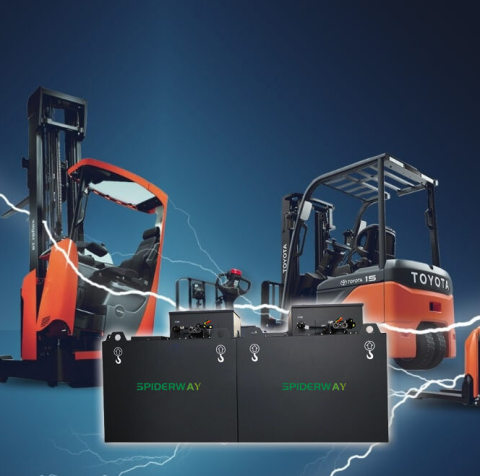 48V 606Ah LiFePO4 lithium battery for HELI forkliftOriginal price was: $7,999.00.$7,978.00Current price is: $7,978.00.
48V 606Ah LiFePO4 lithium battery for HELI forkliftOriginal price was: $7,999.00.$7,978.00Current price is: $7,978.00. - Product on sale
 80V 404Ah LiFePO4 lithium battery for HELI K2 3.5T forkliftOriginal price was: $8,399.00.$8,310.00Current price is: $8,310.00.
80V 404Ah LiFePO4 lithium battery for HELI K2 3.5T forkliftOriginal price was: $8,399.00.$8,310.00Current price is: $8,310.00. - Product on sale
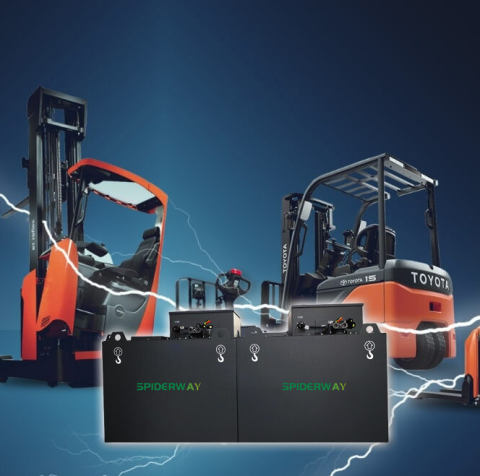 48V 404Ah LiFePO4 lithium battery for LIUGONG 2.5TforkliftOriginal price was: $5,399.00.$5,318.00Current price is: $5,318.00.
48V 404Ah LiFePO4 lithium battery for LIUGONG 2.5TforkliftOriginal price was: $5,399.00.$5,318.00Current price is: $5,318.00. - Product on sale
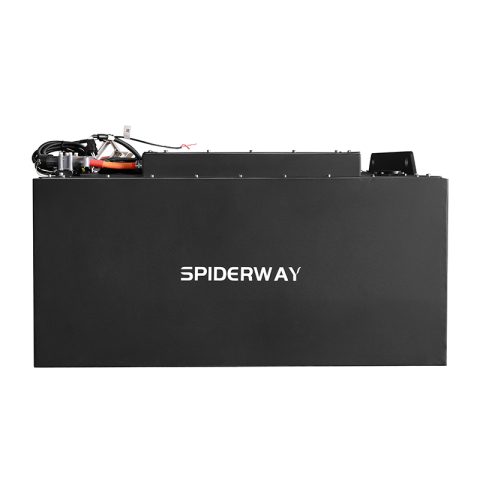 80V 544Ah LiFePO4 lithium battery for TOYOTA forkliftOriginal price was: $11,199.00.$11,190.00Current price is: $11,190.00.
80V 544Ah LiFePO4 lithium battery for TOYOTA forkliftOriginal price was: $11,199.00.$11,190.00Current price is: $11,190.00. - Product on sale
 48V 272Ah LiFePO4 lithium battery for LIUGONG forkliftOriginal price was: $3,599.00.$3,581.00Current price is: $3,581.00.
48V 272Ah LiFePO4 lithium battery for LIUGONG forkliftOriginal price was: $3,599.00.$3,581.00Current price is: $3,581.00. - Product on sale
 24V 202Ah LiFePO4 lithium battery for LINDE T20 forkliftOriginal price was: $1,399.00.$1,329.00Current price is: $1,329.00.
24V 202Ah LiFePO4 lithium battery for LINDE T20 forkliftOriginal price was: $1,399.00.$1,329.00Current price is: $1,329.00. - Product on sale
 48V 544Ah LiFePO4 lithium battery for HELI CPD20-F1 forkliftOriginal price was: $7,199.00.$7,162.00Current price is: $7,162.00.
48V 544Ah LiFePO4 lithium battery for HELI CPD20-F1 forkliftOriginal price was: $7,199.00.$7,162.00Current price is: $7,162.00. - Product on sale
 48V 165Ah LiFePO4 lithium battery for AGVOriginal price was: $2,199.00.$2,172.00Current price is: $2,172.00.
48V 165Ah LiFePO4 lithium battery for AGVOriginal price was: $2,199.00.$2,172.00Current price is: $2,172.00.
Key advantages of SPIDERWAY LFP batteries include:
- Fast Charging Capabilities: Designed to minimize downtime, our batteries can charge quickly without compromising safety.
- Environmentally Friendly: Our LFP batteries are made from non-toxic materials, making them easier to recycle and better for the environment.
- Comprehensive Support: We offer a robust warranty and customer support to ensure that our clients receive the best service possible.
Lithium Iron Phosphate batteries represent the safest option among current lithium battery technologies. Their thermal stability, non-combustibility, and long cycle life make them ideal for a variety of high-power applications. As industries continue to prioritize safety and sustainability, LFP batteries will play a crucial role in powering the future. For reliable and safe LFP battery solutions, consider SPIDERWAY as your trusted partner in innovation and quality.
Author Profile

- https://tawk.to/chat/6228c78d1ffac05b1d7dc569/1ftnkn0nk
- SpiderWay LiFePO4 battery sales engineer with ten years of experience in industrial vehicle batteries, ready to answer any questions you may have about industrial LiFePO4 battery products.
Latest entries
Forklift Battery KnowledgeOctober 17, 2024Lithium-ion Forklift Battery: Revolutionizing Warehouse Efficiency
Company NewsOctober 17, 2024SPIDERWAY Forklift Export Agency: Integrating China’s Top Forklift Brands(HELI&JAC) with Global Reach
NewsOctober 17, 2024Global trends and data on the conversion of fuel forklift trucks to electric forklift trucks
Company NewsOctober 16, 2024SPIDERWAY Agricultural New Energy Electric Dump Tipper: The Future of Efficiency and Sustainability

